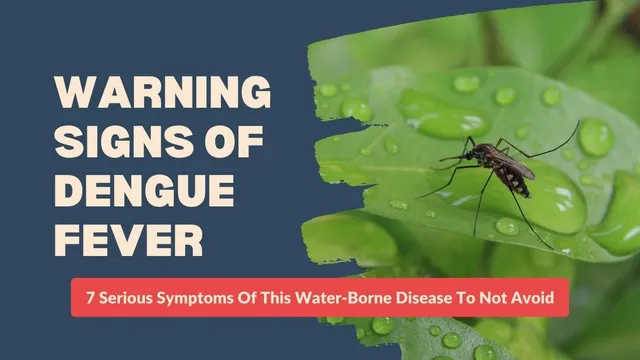- By Priyanka Munshi
- Tue, 02 Jul 2024 12:19 PM (IST)
- Source:JND
Dengue fever is characterised by a variety of symptoms that typically arise four to ten days after the bite of an infected mosquito. Many people can experience symptoms such as lethargy, nausea, vomiting, and a skin rash that may appear a few days after the fever begins.
Additionally, there may be minor bleeding, such as nosebleeds, gum bleeding, or easy bruising. It's crucial to avoid mosquito bites to protect yourself from dengue. You can do this by wearing long sleeves and pants, applying insect repellent, and ensuring there is no standing water in your home, which attracts mosquitoes. A sudden high fever, intense headaches, discomfort behind the eyes, and joint and muscular pain—often referred to as "breakbone fever" due to its severity—are some of the main symptoms, according to Mayo Clinic.

What Are The Signs Of Dengue Fever?
- Headache
- Joint, bone, or muscle soreness
- Vomiting
- Nausea
- Pain behind the eyes
- Swollen glands
- Rash

Most people recover from dengue fever under typical conditions, but in some cases, the illness can become severe. Certain symptoms may appear on the first or second day after the fever subsides, such as:

- Intense abdominal pain
- Continuous vomiting
- Bleeding from the nose or gums
- Blood in the feces, vomit, or urine
- Bleeding beneath the skin, which may resemble bruises
- Difficulty breathing or rapid breathing
- Fatigue
- Irritability or restlessness

What Are the Ways to Prevent Dengue Fever?
- Try to cover your body as much as possible.
- When you sleep at night, try to use mosquito nets, and during the morning, apply insect repellent to your uncovered body parts.
- vaporisers and coils.
- Use the air conditioner when you're inside your room.
- To ensure that mosquitoes cannot enter your home, always make sure all of your windows and gates are secure, latched, and devoid of any gaps.

